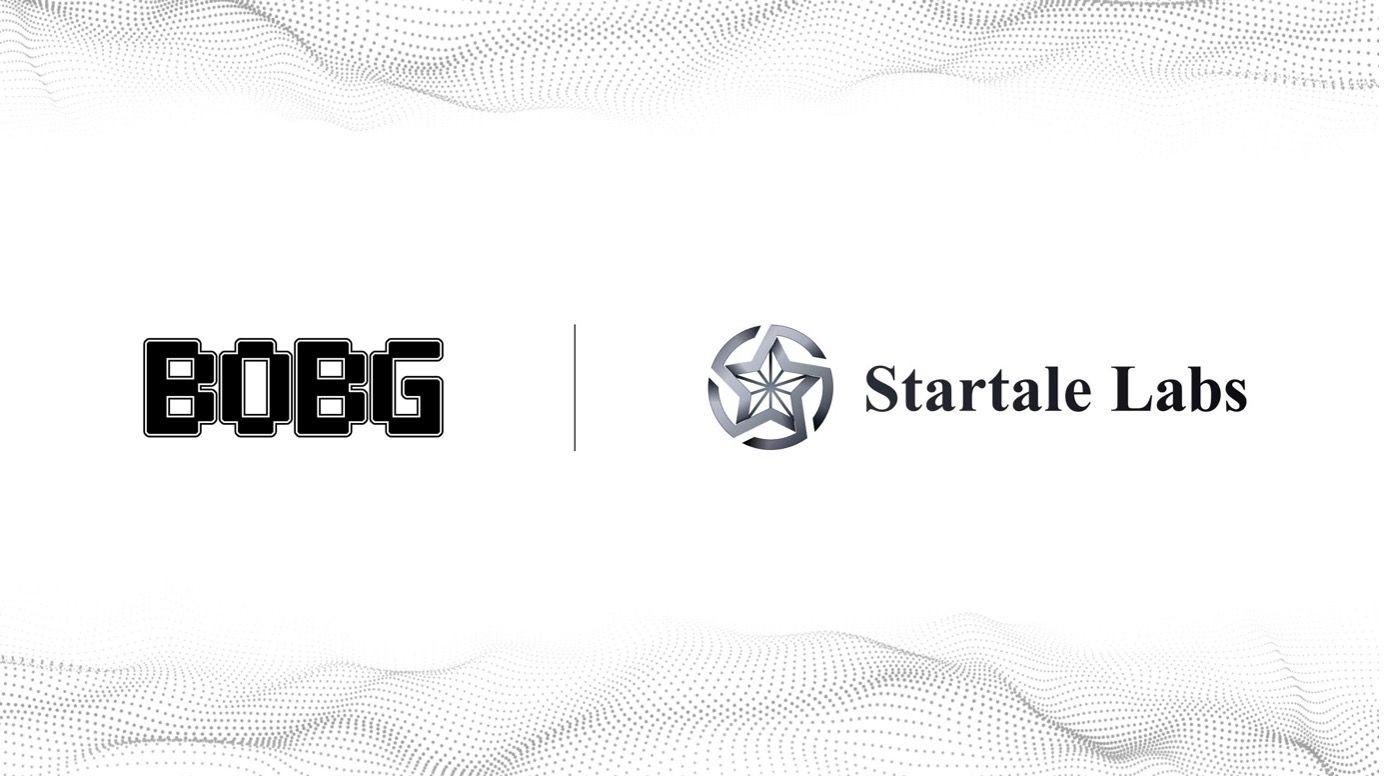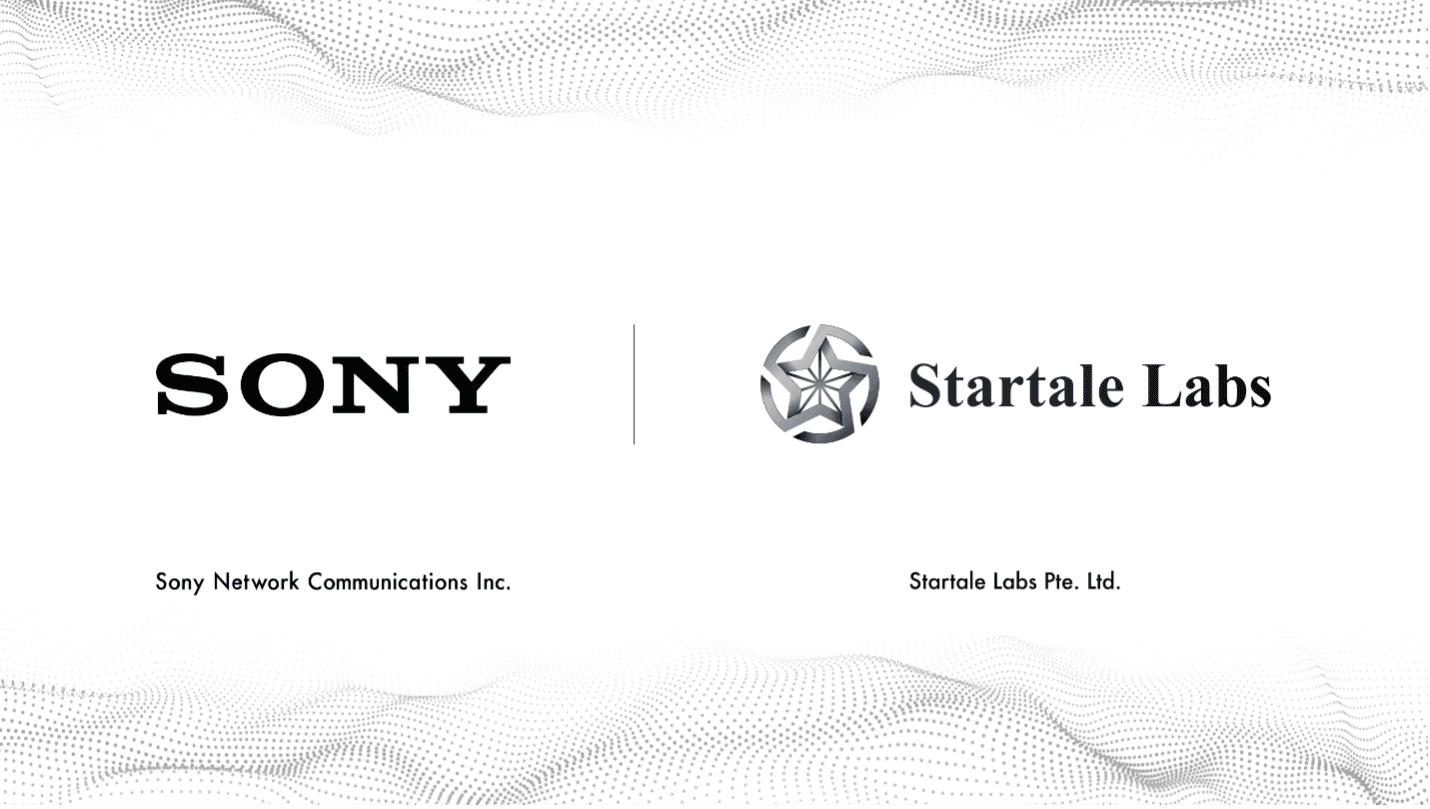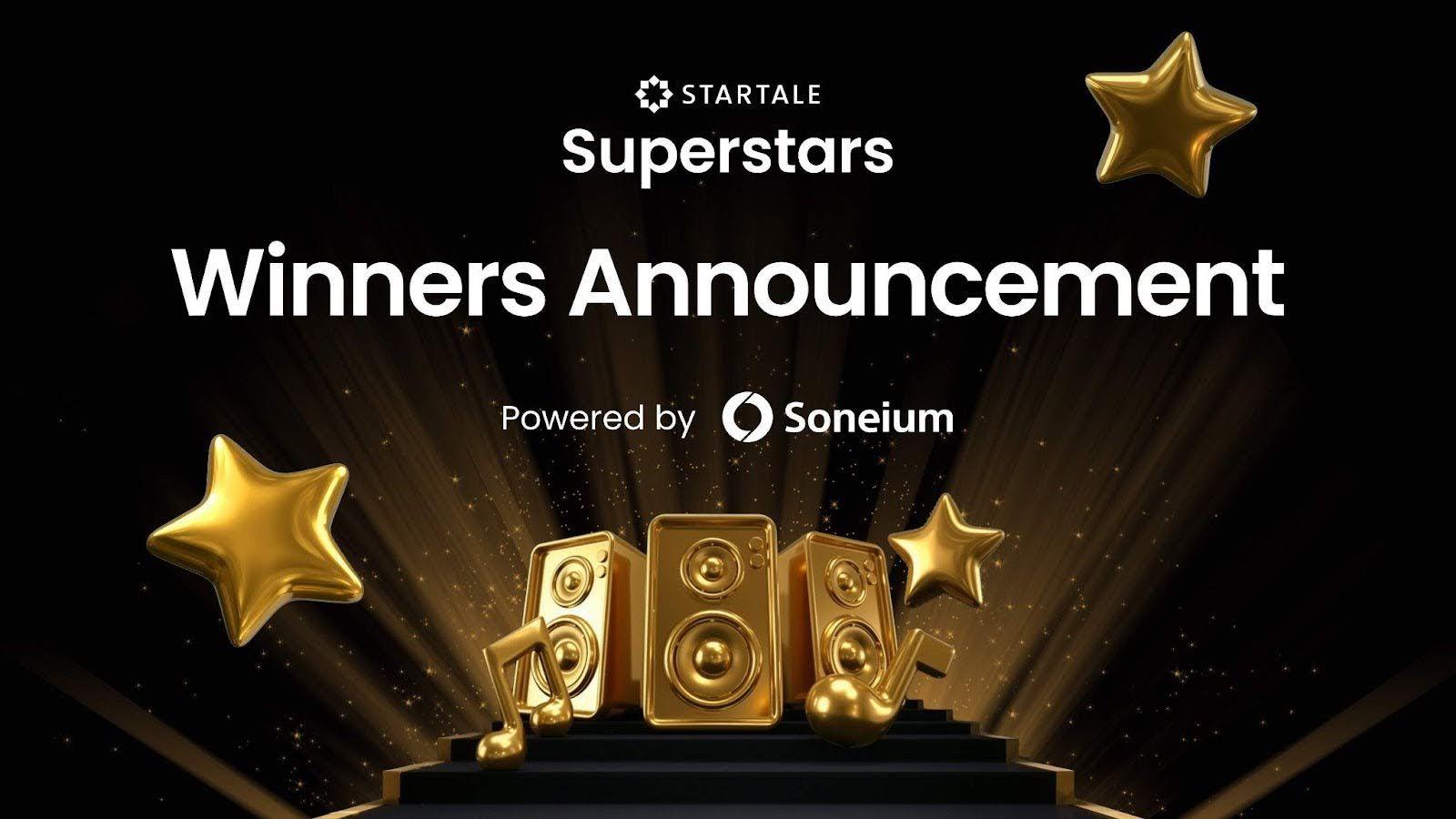The Japanese Web3 Company Going Global: Inside Startale Group’s Structure and Strategy

Soneium, the Ethereum L2 co-developed by Sony Group Corporation and Startale Group, launched its mainnet this January. Among the growing landscape of L2s, Soneium has already distinguished itself as one of the most rapidly expanding ecosystems. But behind the technology lies the organization driving it forward: Startale Group. To understand how this Japan-born company is building for the world, Atarashii Keizai from Neweconomy sat down with CEO Sota Watanabe, COO Yuji Kumagai, and Product Lead Mikito Ebijima to discuss Startale Group’s structure, strategy, and culture.
Startale’s Organization and Roles
Watanabe Sota: I serve as CEO of Startale Group. Our organization includes subsidiaries like Startale Labs and Startale Cloud Services. Together with Sony Group Corporation, we also operate Sony Block Solutions Labs, which runs Soneium. Beyond that, we’re involved with Hakuhodo Key3, a joint venture with Hakuhodo, and I also serve as a board member of the Japan Blockchain Association.
Kumagai Yuji: I oversee the business side of Startale Group’s protocol work. That means overall strategy, budgeting, schedules, and project management—always in close coordination with our technical teams. I also handle business development in Japan, working with large corporations, startups, and builders.
Ebijima Mikito: I lead Startale Cloud Services, where our focus is building products that make life easier for Web3 engineers. We’re developing the infrastructure and tools that let developers ship faster on Soneium and Astar—from RPC interfaces to account abstraction tooling.
Career Backgrounds and Why Startale Group
Kumagai: I’ve been an entrepreneur most of my life. My last company, an esports startup, was acquired by Akatsuki, where I then spent seven years launching new businesses and managing investments. Around 2021, during the Axie Infinity wave, I became convinced that entertainment would be reshaped by crypto. That led me to launch Emoote, Akatsuki’s Singapore-based VC, where we invested in projects like STEPN and YGG. While running Emoote, I met Sota. Our offices in Singapore were close, and what started as friendship turned into business discussions. Later, when Startale Group was entering Korea, Sota asked me to introduce investors, and I brought in about ten—including Samsung. Samsung Next eventually invested alongside UOB Ventures, one of Southeast Asia’s leading banks. At the time, I wanted Emoote to join the round too. But Startale Group’s board declined. Emoote was still young, and they already had heavyweight backers. Instead of being discouraged, I respected the decision—it showed me Startale Group had strong governance and was focused on the long term. Later, Sota invited me to join the company directly. For me, Startale Group’s vision—to build a global company from Web3, not relying on quick token plays but building over a 10-year horizon—was a once-in-a-lifetime opportunity.
Ebijima: Before Startale Group, I worked at Microsoft on Azure, managing strategy and execution for infrastructure systems that you’d never see—until they stopped working. Around the same time, I’d already been following crypto since 2017 and had seen Sota speak at events. Even then, I thought: here’s someone from my own generation with an incredible drive. At Microsoft, I also worked on startup support programs, and through that I stayed in touch with Sota. When he later launched Astar, he asked me to join. For me, the choice came down to timing: the Web2 infrastructure market is steady but slow-growing. I was still in my 20s and wanted to jump into something with explosive potential. That’s why I joined Startale.
Building a Global Organization
Watanabe: Startale Group today has members from more than 20 countries. Many of them come from places like Binance, Polygon, Crypto.com on the Web3 side, or from Google, Microsoft, and Y Combinator on the Web2 side. It’s a highly qualified and experienced team. The discussions we have are sharp, fast, and very global in perspective. Everyone has a strong voice, but balances it with logic. That mix makes us competitive on the world stage.
Kumagai: Of course, projects like Soneium attract people. But many join because they connect with our strategy and mission. We talk about “Web3 for Billions,” and we mean it. We’re not chasing small wins; we’re building an integrated strategy, similar to Tesla in the auto industry, taking on both upstream and downstream. A lot of our people came here precisely because they were tired of the short-termism that dominates much of the industry.
Watanabe: Culture is another part of our appeal. In Web3, many teams are fully remote and multinational, which makes it hard to build culture. Products can be copied. Culture can’t. That’s why we invest in it—workations, offsites, even things like sports festivals. It sounds lighthearted, but it makes a big difference in binding us together as one team.
Hiring at Startale Group
Ebijima: We’re always looking for top engineering and BD talent. The benchmark is global, and our compensation packages are competitive with U.S. startups like Coinbase. For those who want to take on the world alongside world-class peers, we’d love to hear from you.
Kumagai: And it’s not only about overseas hires. We’re also welcoming Japanese talent across engineering, product, project management, and marketing. More than Web3-specific experience, we value people who know how to grow products.
Partnerships with Global Companies
Kumagai: We’ve built joint ventures with Sony Group Corporation and Hakuhodo, and we’re in discussions with several other major corporations. For us, respect is key. Startups move fast; big companies move differently. If you only think in startup logic, collaboration breaks down. With a team that’s 80% international, it’s also important to understand Japanese corporate culture. Bridging those worlds—global and Japan, startup and enterprise—that’s part of our DNA.
Watanabe: Partnerships are always trial and error. Sometimes collaborations get announced but never move forward—like with Astar’s discussions with NTT Docomo back in 2022. That’s why we’re proud that with Sony and Hakuhodo, we’ve already turned announcements into real products.
Future Strategy
Watanabe: Globally, finance is still the core of blockchain. But Japan’s strength is entertainment. Our path forward is combining the two: designing experiences where users interact onchain without even realizing it, through entertainment built on solid financial infrastructure. As Startale Group, we’ll keep building wallets, payments, and stablecoin products that change the user experience. Long-term, we see blockchain consolidating into just a few global platforms, like iOS and Android. Every decision we make is with that horizon in mind. That’s also why I moved from Singapore to the U.S. Without winning there, you can’t win globally. Until now, we’ve been more business-driven. From here, it’s about products. That’s how we become a top-tier blockchain company—not just in Japan, but worldwide.








